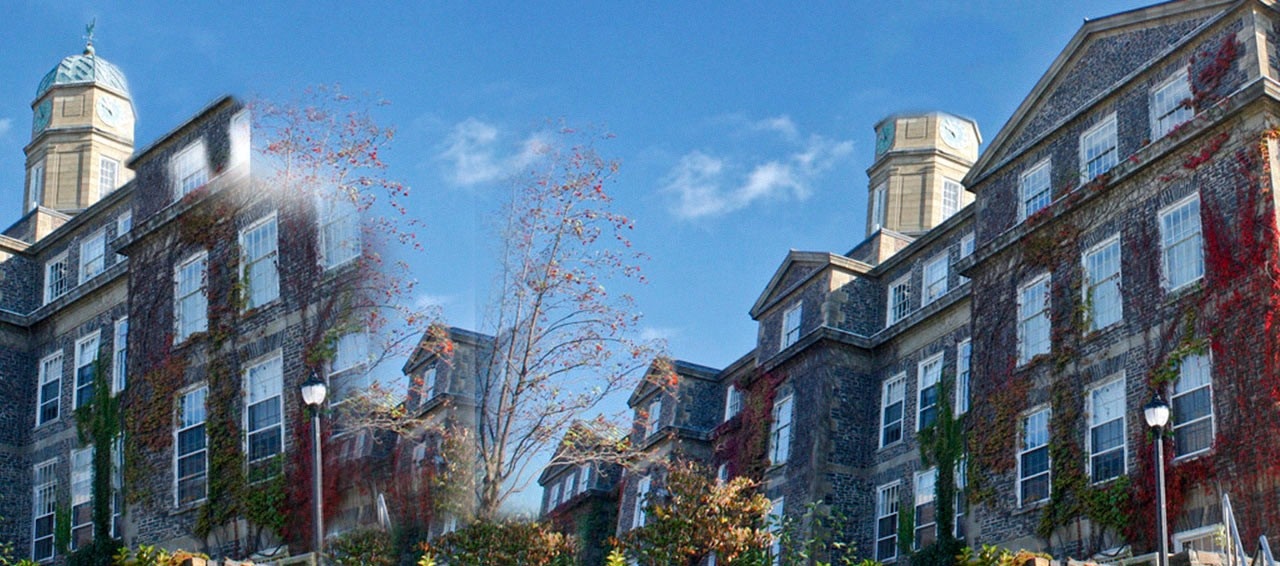Funding, News and Announcements
» Go to news mainACENET
The following training sessions are coming up that may be of interest to faculty and students.
C as a Second Language
2 March, 1300-1700hrs Atlantic / 1330-1730hrs NL
A great deal of high-performance computing software is written in C, but few universities offer courses in the language any more. If you have to work with "legacy code" written in C, adding features, porting to a new machine, or patching errors, or if you need to write user-defined functions for engineering packages such as Fluent, then this workshop is for you. Prerequisite: familiarity with another programming language.聽
ACENET and Ocean Tracking Network: R for Ecologists
8, 15, 22 March, 1300-1600hrs Atlantic / 1330-1630hrs NL
Join ACENET and the Ocean Tracking Network (OTN) in our Introductory R for Ecologists workshop series. Over three weeks, we will explore data analysis and visualization with R, based on the Data Carpentry Lessons. Each session builds on the last. We will start with basic R syntax and the R Studio notebook interface. Then, we鈥檒l teach you how to import CSV files, the structure of data frames, how to deal with factors, how to add/remove rows and columns, how to calculate summary statistics from a data frame, and a brief introduction to plotting. The last lesson demonstrates how to work with databases directly from R. No previous coding experience necessary. This workshop will be a hybrid in-person and online event, with the in-person located at 黄色直播.
C++ as a Second Language
9 March, 1300-1700hrs Atlantic / 1330-1730hrs NL
A great deal of high-performance computing software is written in C++, but few universities offer courses in the language any more. If you have to work with "legacy code" written in C++, adding features, porting to a new machine, or patching errors, or if you need to extend packages like OpenFOAM which are written in C++, then this workshop is for you. C++ was designed as an extension of the C language but has its own distinct idiom or style. This workshop assumes that you already know C to the level reached in the ACENET workshop "C as a Second Language".
Fortran as a Second Language
16 March, 1300-1700hrs Atlantic / 1330-1730hrs NL
Fortran, one of the initial high-level programming languages, continues to be an excellent option for high-performance computing due to its superb performance. The newer versions of Fortran offer many modern features, including object-oriented programming capabilities to programmers. This course will cover some of these features. Prerequisite: familiarity with another programming language.
Molecular Dynamics
4, 6, 11, 13 April, 1300-1600hrs Atlantic / 1330-1630hrs NL
This is a beginner-to-intermediate level, in-depth workshop for users with no prior experience using Molecular Dynamics tools. You will be guided through AMBER and NAMD software for preparing and performing simulations of biomolecular systems, VMD for visualizing trajectories and manipulating PDB files, and Python for analyzing and plotting simulation data. You should have some experience working with the command line.
Digital Humanities Summer Institute - East
17-20 April
Location: In person, St. FX University, Antigonish NS
Now in its third year, this year鈥檚 DHSI-East hosted by the St. FX Digital Humanities Centre in Antigonish NS, is a 4 day in person workshop on GIS for Humanities. Faculty, staff, students, and anyone interested are welcome to join instructors Jennifer Grek-Martin (黄色直播) and Jennifer Strang (黄色直播). Joshua MacFadyen, Canada Research Chair in Geospatial Humanities at the University of PEI, will provide a keynote address, From Big Data to Dirt Research: Automated and Participatory Maps of Atlantic Canada鈥檚 Rural Energy Transitions. Registration is capped at 20.聽
R for Social Scientists
24, 25 April, 0900-1300hrs Atlantic / 0930-1330hrs NL
Location: In person, St. FX University, Antigonish NS
Over two days, we will explore data analysis and visualization with R, based on the Data Carpentry Lessons. Though the examples used in the workshop will be specific to the field of Social Sciences, the techniques and principals covered are applicable to a wide variety of research areas. We will start with basic R syntax and the R Studio notebook interface. Then, we鈥檒l teach you how to import CSV files, the structure of data frames, how to deal with factors, how to add/remove rows and columns, how to calculate summary statistics from a data frame, and a brief introduction to plotting. The last lesson demonstrates how to work with databases directly from R. No previous experience with digital tools or programming is required for this workshop.
